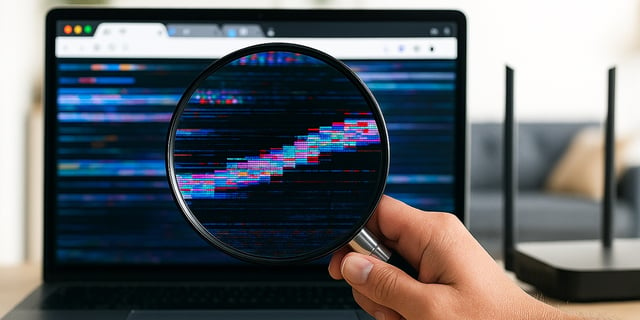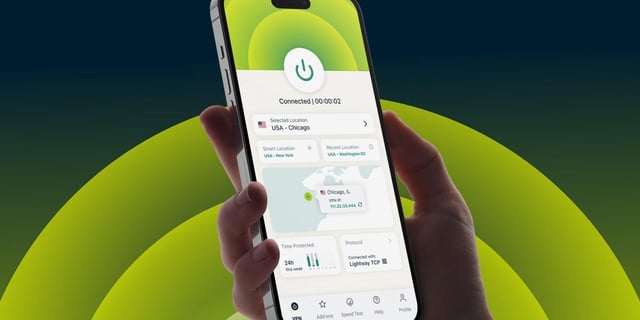Overview
- Growing concerns over remote work security, public Wi-Fi vulnerabilities and online surveillance have driven widespread VPN adoption.
- VPNs create encrypted tunnels that mask users’ IP addresses and safeguard sensitive data from ISPs and cyber threats.
- Experts recommend evaluating connection speed, server network size, encryption strength and privacy policy transparency before choosing a service.
- Free VPN plans often limit data usage, server access or trial duration, making paid subscriptions the most reliable option for unlimited access and full features.
- August rankings place NordVPN at the top with over 7,300 servers and dual-protocol encryption, while ExpressVPN is praised for its 3,000+ servers, split tunneling and bundled privacy tools.


